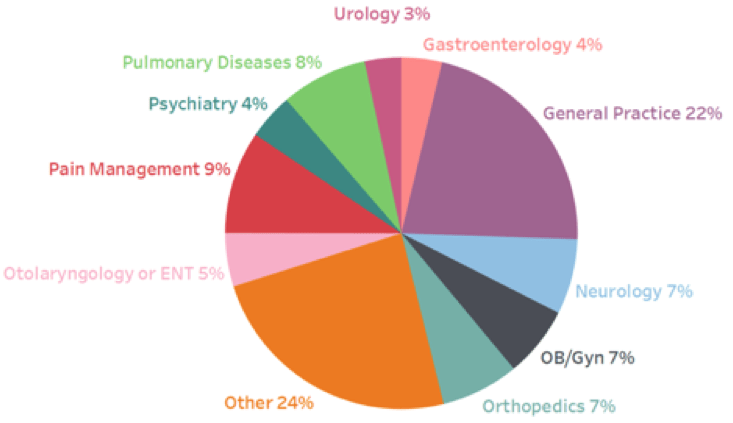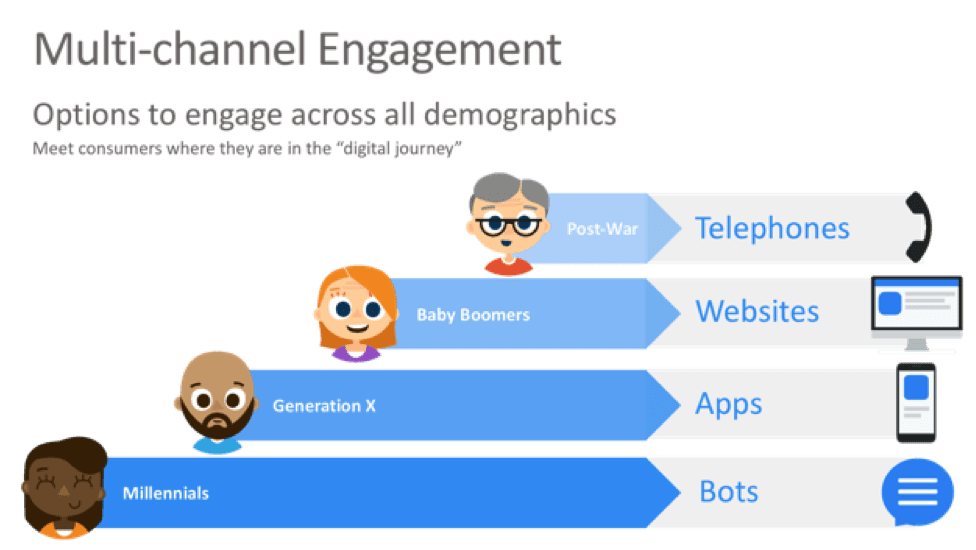DV-NJ HIMSS Post-Conference Blog
Posted on: May 8th, 2019 09:54 pm
Updated on: November 9th, 2022 11:54 pm
Inspira Health Network: Using CRM to Create an Engagement Ecosystem
Inspira Health Network: Using CRM to Create an Engagement Ecosystem
By Jeff Fisher
Product and Client Strategy, Intraprise Health
In 2016, Inspira Health Network came to Intraprise with a goal: “Wow the patient.” As reimbursement models shift and healthcare is becoming more consumerized, forward-thinking health systems like Inspira are seeking new market differentiators to draw in clients.
Inspira’s initial goal spurred us to bring their outsourced call center in-house, using a customer relationship management (CRM) system that we curated and created for them, and eventually led to a long-term project to accelerate patient engagement, enhance patient experience, and develop a revolutionary new way to interact with their health consumers.
As a health system with three hospitals, two health centers, and over 150 care access points, Inspira Health was faced with a proliferation of apps and portals that held together disconnected health consumer touch points. The call center CRM provided an immediate solution to begin tracking patients and consumer interactions, as well as deliver a concierge-level service to anyone in the community: “One call. One person. Wonderful.”
Beyond their call center, their larger vision was to deliver an end-to-end engagement ecosystem that could provide personal, consistent, and higher-quality service to patients, as well as engage physicians, referral partners, and patient populations through secure, value-added technology experiences. The end result of our partnership: a secure and scalable health consumer engagement platform.
In the past two years, Inspira Health Network has realized many of the benchmarks on their engagement roadmap. Three topline indicators:
Better Insights for Engagement
Leveraging Microsoft’s Dynamics CRM, our analysis demonstrated where there were gaps in patient experience and opportunities to engage patients, creating a connected and secure health community for Southern New Jersey.
For instance, referrals for pain management were eight percent higher than industry standards.
These referred patients are willing to travel nearly 20 miles for care; further than for any other specialty. This insight will help Inspira triage the needs of pain management patients to determine the best course of action and more directly address concerns related to possible opioid overuse.
Improved Efficiency by Decreasing Wait Times with Tech
Implementation of the My Inspira app drives traffic to specific service lines in myriad ways. For example, their urgent care check-in tool guides patients to the urgent care when it is a more appropriate access point than the emergency department. Plus, the app’s “get-in-line” and wait time features provide concierge convenience and decreases the average wait time.
As the focus of a marketing campaign, the technology helped Inspira achieve a 153 percent increase in urgent care patient volume for the same facilities for Q4 2017 compared to 2016, as well as a 22 percent decrease in wait time compared to on-site registration.
Multiple Secure Consumer “Entry Points”
Engagement requires interoperability and, as our approach demonstrated, a need to curate best-in-class platforms and technologies to create the right ecosystem for each provider’s patient population.
But, this complex ecosystem introduces potential vulnerabilities in terms of consumer access points to private health information. This increasing risk to privacy and security was a primary driver for us to recommend unifying consumer identity and controlling vendor platform access through a common platform. The platform allows us greater control and auditability of users’ access to protected health information while offering the convenience of a single Inspira Passport – one set of credentials – for accessing all Inspira consumer-facing apps and websites.
- How else can we leverage CRM toward the creation of an Engagement Ecosystem?
Inspira Health Network’s Microsoft Dynamics deployment allowed the health system to establish an “engagement source of truth.” The platform provides an end-to-end ecosystem that yields actionable insights for how to address the needs of their patients, as well as deliver an experience that helps the entire care team – patient, family, physicians, service representatives and many others – deliver efficient, tech-enabled care.
Jeff Fisher
Jeff Fisher is responsible for executive leadership, product management, and client strategy for Intraprise Health. Mr. Fisher has overseen the creation and growth of Intraprise Solutions and the innovative, cloud-based health information exchange, MobileMD, which was sold to Siemens Healthcare in 2011.

